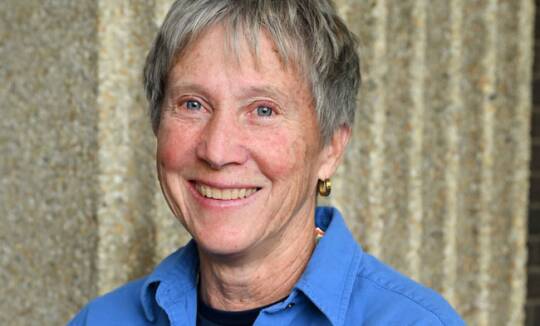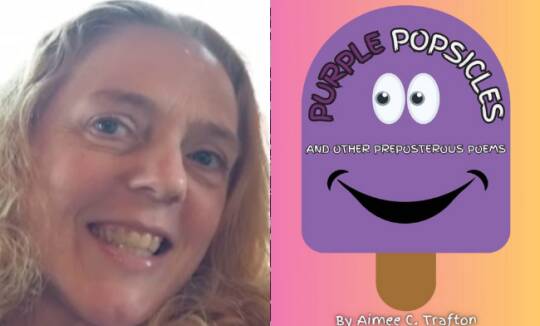By now, we all understand that mental health is an important and relevant topic, but do we fully understand why and what to do about it? Let’s face it, mental health influences all our day-to-day functions and significantly impacts our lived experience. Mental health contributes to our cognition, perception, insight, motivation, performance, communication and the decisions we make. Mental health shapes the quality of our relationships, our physical health, our school/work experience, our self-esteem and self-efficacy. Mental health is best described as a continuum of wellness rather than by the limitations of merely ‘healthy’ or ‘sick’ labels.

Like some physical health problems, some mental health problems may go unrecognized by other people – yes, even those closest to us may not realize the struggle we are battling every day, and surprisingly, even when it may have persisted over many years. Depending on the mental health problem, we may try and ignore, deny or ‘push on’ by going to work/school, despite the need to take a break. We may overlook the benefits of reviewing our sleep hygiene practices and changing unhealthy routines. We may refuse to seek help from a loved one and/or a physician or counsellor.
Mental health problems are often invisible or largely go unnoticed by others. It is not uncommon that people who struggle with mental health concerns do so alone because they may not have the words to describe their experience or how to ask for support. Asking for help is often one of the most important steps toward finding relief. Unfortunately, stigma and low help-seeking behaviours may mean individuals turn toward negative coping strategies and/or excessive behaviors to cope such as: substance misuse, overworking, impulsive spending, extreme exercise, unhealthy eating habits, inconsistent sleep cycles and/or isolating oneself.
Significant life stressors or transitions such as the death of a loved one, a move to a new home, separation/divorce, a job change, a new or chronic health-related concern, or other major life events that require big adjustments, can trigger imbalance. Even positive events such as the birth of a child can flood a person’s self-perception, changes in daily routine, sleep and eating patterns, and social experiences, to name a few immediate impacts. People may find themselves in stages of grief, exploring their identity or the meaning of life when significant transitions occur. They may find themselves distracted, unable to stay organized, relationships may be affected, their goals/dreams or their practice of self-care may decline or shift radically.
At home, at work, in school or in the community, you may notice signs that someone is not their usual self. The symptoms may appear subtle or be very clear, depending on the mental health problem and the person’s resources and supports, how frequently you see the person, the relationship you have with them, and how open you and the person are about talking about mental health. Mental health stressors or problems may show up in your life or the lives of people you work, play and live with.
Notice if you or someone you interact with exhibits patterns of behaviour that have changed and notice if it is agitated, brisk exchanges, being overly quiet, withdrawn, reactive, impulsive, unpredictable, frequently sad, unmotivated and tired, or more frequently angry or rageful. Your immediate response may be that you are confused, concerned, frustrated, sad and even angry that if you sense something is wrong, but you or the person may have difficulty talking about what is going on inside.
Mental health, like physical health, requires awareness about the signs and symptoms for a mental health problem and strategies about how to help. One of the best things you can do to make mental health and wellness a priority is to check-in frequently with yourself and your family doctor AND take the internationally recognized, Mental Health First Aid Course. Mental Health First Aid Courses are very accessible and the course fees may even be subsidized by your employer or school. For more information and course availability in Canada, check out www.mhfa.ca
By taking a mental health first aid course, you will learn how to have conversations about mental health with people around you. You will also collect valuable resources that might help you or another person to cope. Mental Health First Aid saves lives!
– Angela Herd is a Registered Clinical Counsellor, Registered Art Therapist & Certified Canadian Counsellor. Angela is a Yorkville MACP Alumna who lives in beautiful British Columbia with her husband, 3 sons, Chocolate lab & Seal Point Siamese. She is the Training Director at Adler University in the MCP-AT program. Angela has a private practice in rural Langley where she specializes in Art & Nature Therapy, Couples Counselling and Clinical Supervision. To visit Angela’s website: www.FamilyHopeClinic.com






